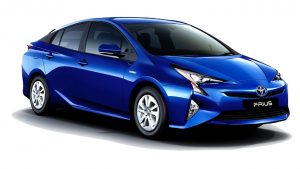In the matter of Monsanto Technology LLC and Ors. v Nuziveedu Seeds Ltd. and Ors. [CS (COMM) 132/2016], Defendants (ex-licensees of Monsanto), in response to Monsanto’s claim of infringement of its patent, filed a counter-claim of invalidity of patent.
A Division Bench of the Delhi High Court invalidated Monsanto’s patent [claiming nucleotide sequence (of Cry2Ab gene) and method of transforming plant cells therewith] under section 3(j) of Patents Act, proceeding thus to reject the claim of infringement of the patent.
The court found that since nucleotide sequence has no existence of its own, it is not a “microorganism”, and thus unpatentable under section 3(j).
The Court held “Monsanto cannot assert patent rights over the gene that has thus been integrated into…transgenic plants…[T]he reason why this court concludes that Section 3 (j) prohibits grant of patents to Bt. trait induced varieties is that they are parts of “seed””.
With respect to the method of transformation, the Court held that “the process of creation of such seeds/plants are also excluded from patentability as they squarely fall within the meaning of an “essentially biological process” that is exempted from patentability within the meaning of section 3(j)”. The court observed: “the moment the DNA containing the nucleotide sequence (subject patent) is hybridized to produce the transgenic seeds/plants; the seeds/plants fall within the purview of the PV Act”.
The Court granted Monsanto a 3 month grace period to seek registration under The Plant Varieties Act.
 as of 2002.
as of 2002.